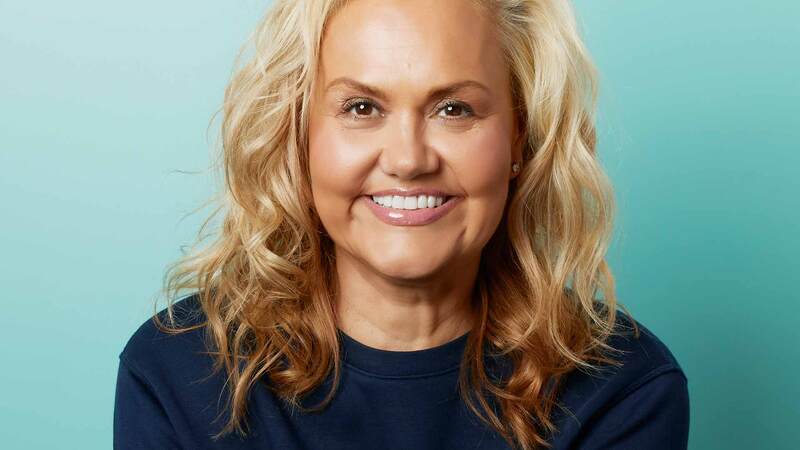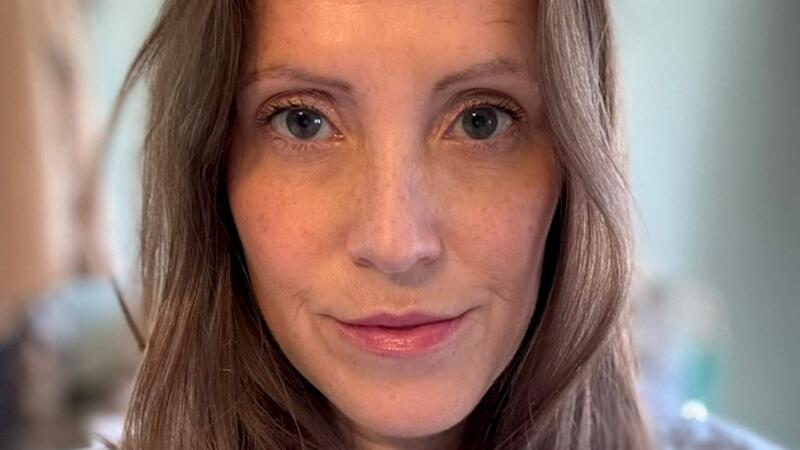You are viewing your 1 free article this month. Login to read more articles.
The enduring appeal of dark academia
The genre that exploded during the pandemic is still selling. Here’s why.
When my agent and I first noticed an uptick in sales for my 2017 debut novel, If We Were Villains, we were unsure what to make of it. The book had had some success in the UK but more or less disappeared from the US market without finding a toehold. Trade reviews were good, but nobody really reads trade reviews anymore, and even fewer people wanted to read precocious campus novels drenched in Shakespeare. Or so I assumed.
“Precocious” might sound like a humblebrag here, but it is, I think, the best word to describe the nascent sub-genre which has experienced a meteoric rise in popularity since the early days of Covid-19. The “dark academia” phenomenon was (like so many other cultural shifts, major and minor) catalysed by the extraordinary circumstances of the pandemic. At the time I was a doctoral candidate and found myself in the unenviable position of teaching English literature on Zoom to undergraduates confined to their high school bedrooms. I was unsurprised to hear how much they missed the bustling campus community; I was rather more surprised by how many ravenously devoured our course materials and wanted more when the class was over, the syllabus complete.
Art is one of the purest forms of human connection, something everyone craved in the days of lockdowns and social distancing. But the appetite for academic novels is something more precise, more specific. The core audience for Villains has proven largely indistinguishable from the characters: ardent young intellectuals. In 2020, enormous numbers of twenty-somethings turned to literature as a vicarious substitute for their own lost campus experience. But lockdown is over now, and the fervour for “dark academia” has yet to subside. Instead, it still gathers momentum, so much that my own professional trajectory has been dramatically redirected. Writing is no longer my ill-fated and unprofitable passion project; Villains has sold more than 500,000 copies in English. Nobody saw this coming, me least of all. But perhaps we should have.
Having (barely) survived my doctorate degree, I often joke that I spent six years getting a PhD so I could spend the rest of my life telling people not to get a PhD. Why so? Higher education – especially in the US and especially in the humanities – has been in a protracted state of crisis for the better part of 30 years. The pressure to get good enough grades to get into a good school is now so extreme that students are expected to take five or six college classes before they finish high school, to take on hundreds of thousands of dollars in loans to pay for college itself. Many graduate only to find themselves in a job market oversaturated with college grads and septuagenarians who refuse to retire. There is no room for them. There is no upward mobility. For many, there is only debt and disenchantment, and for some, the failure to live up to their enormous potential is so shameful they have faked their own deaths or taken their lives. This is the dirty secret of the “DA” boom: all academia is dark academia.
In 2020, enormous numbers of twenty-something turned to literature as a vicarious substitute for their own lost campus experience. But lockdown is over now, and the fervor for “dark academia” has yet to subside
The genre is certainly guilty of romanticising higher ed – of depicting its cultish, all-consuming intensity in such seductive prose that scores of unfortunate young people have sold and will sell their souls to graduate school only to discover how empty the promise of academia can be.
But this new crop of campus novels is mostly written by millennials, who are even more disillusioned than most; “dark academia” is at once wish fulfilment and cautionary tale. As prestigious degree programmes slowly become inaccessible to all but a privileged few who can afford to spend a quarter million dollars on a diploma that won’t get them a job, campus fiction offers access to such communities, especially for marginalised groups who have historically been excluded from both higher learning and the literary sphere.
At the same time, “dark academia” shines a light on the shortcomings of the academy. Characters sacrifice their relationships or their sanity for their field; all that separates them from undergraduates buckling under the pressure of maintaining a perfect GPA or PhD candidates juggling teaching and research is the tragic sense of style expected of the genre. High tea and tweed and gothic library spires make intellectual self-destruction seem somehow justified.
“Dark academia”, likely because it so deftly straddles the line between reality and romance, is still selling well. More and more imprints are getting on the bandwagon while the getting is good. But publishing is – much like higher education – struggling to navigate a protracted crisis of its own. Amazon came for books long before streaming came for music, television and movies. As a result, the publishing marketplace (where supply has always outstripped demand) has become prohibitively competitive. If you do manage to break into the industry, it’s unlikely you’ll ever sell well enough to make a living, not least because the burden of marketing and publicity has, in the age of social media, largely been displaced onto to the author. Books that do succeed are often propped up by independent wealth – the writer bankrolled by a spouse or a trust fund, perhaps fast-tracked by connections in the business. Publishing, like academia, is at risk of becoming inaccessible to all but a fortunate few.
“Dark academia”, for all its romantic notions, mirrors its two primary influences: education and the book business are every bit as competitive, exclusive and ethically imperilled. The academy crumbles under the weight of its own expectations. Working writers face extinction by algorithm and AI. The campus novel might be considered a collective eulogy for a life of arts and letters which is fast becoming a thing of the past.
Perhaps it is our own eulogy, too: what happens to humans, one might ask, when we sacrifice our collective humanity for the sake of “slippery commodity”?



















